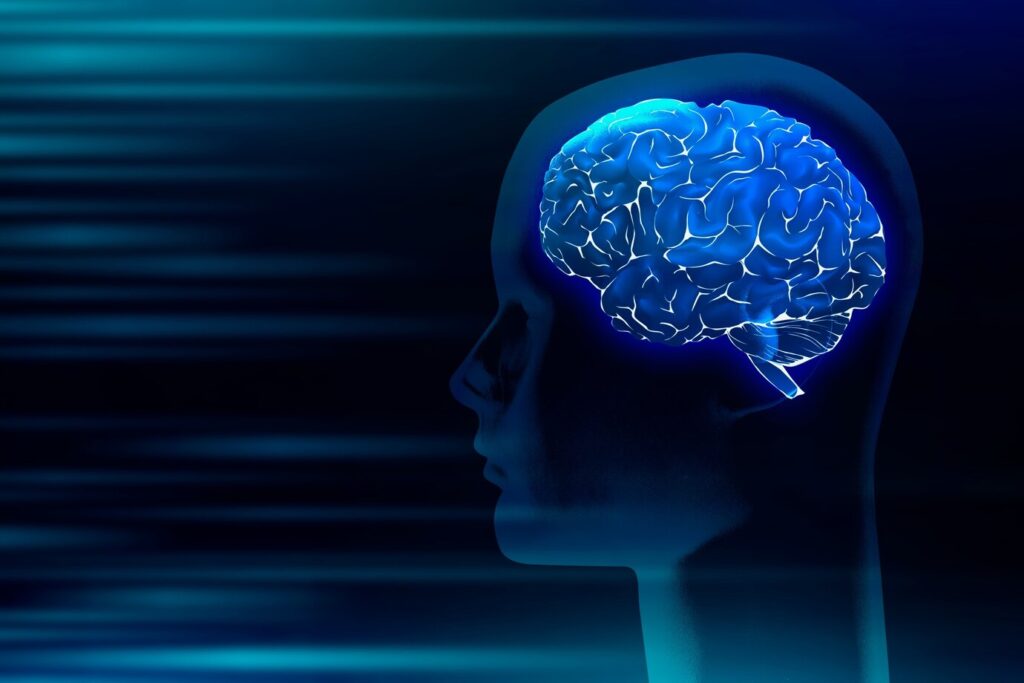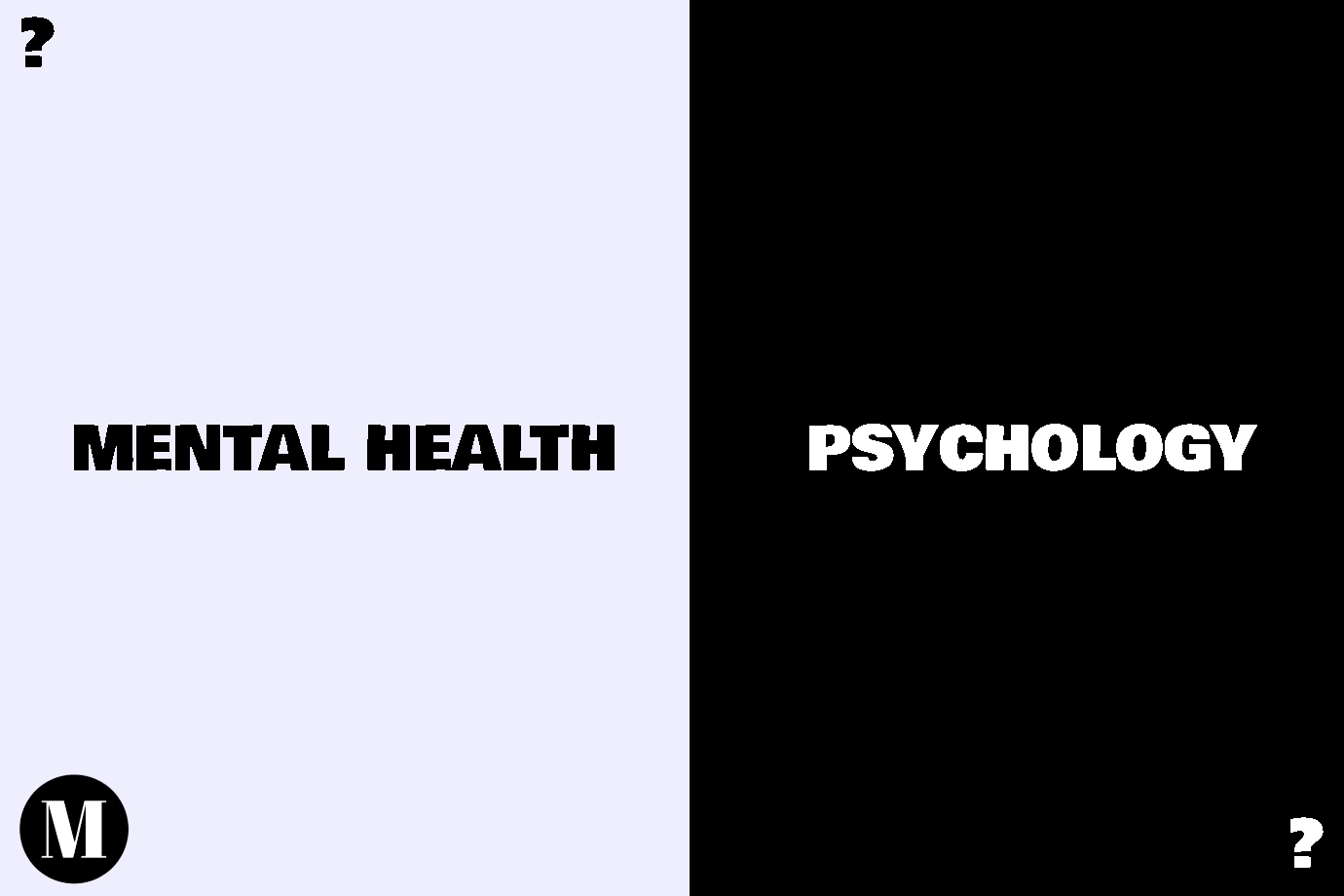When it comes to understanding the human mind, two terms often come up: mental health and psychology. While they are closely related, they are not the same thing. If you’ve ever wondered about the difference between the two, you’re not alone.
Mental health and psychology both deal with thoughts, emotions, and behaviors, but they focus on different aspects of mental well-being. In this article, we’ll break down what each term means, how they overlap, and why both are important for a healthy mind.
What Is Mental Health?

Mental health refers to your emotional, psychological, and social well-being. It affects how you think, feel, and behave in daily life. Just like physical health, mental health can fluctuate depending on life circumstances, stress levels, and even genetics.
Key Aspects of Mental Health:
- How you handle stress and challenges
- How you manage emotions like anxiety, sadness, or anger
- Your ability to build and maintain relationships
- Your self-esteem and overall sense of well-being
Signs of Good Mental Health:
- Feeling emotionally balanced
- Being able to cope with stress in a healthy way
- Maintaining positive relationships
- Feeling motivated and productive
- Having a realistic sense of self-worth
Common Mental Health Issues:
When mental health is struggling, it can lead to conditions like:
- Anxiety disorders (constant worry, panic attacks)
- Depression (persistent sadness, lack of motivation)
- Stress-related disorders (burnout, emotional exhaustion)
- Bipolar disorder (extreme mood swings)
Maintaining good mental health doesn’t mean being happy all the time, but it does mean having the tools and support to handle life’s ups and downs in a healthy way.
What Is Psychology?

Psychology is the scientific study of the mind and behavior. It focuses on why people think, feel, and act the way they do. While mental health is about how you feel and function, psychology is about understanding and explaining those feelings and behaviors. Psychology covers many areas, including:
- How the brain processes emotions
- How thought patterns influence behavior
- The impact of childhood experiences on personality
- Why people develop habits and fears
Branches of Psychology:
Psychology is a broad field that includes different specialties, such as:
- Clinical psychology – Diagnosing and treating mental health conditions
- Cognitive psychology – Studying how the brain processes thoughts and memories
- Developmental psychology – Understanding human growth and behavior changes
- Social psychology – Exploring how people interact with others and society
Psychologists don’t just focus on mental illness, they also study things like motivation, decision-making, and emotional intelligence.
Mental Health vs. Psychology: How Are They Different?
| Mental Health | Psychology |
|---|---|
| Focuses on emotional well-being | Focuses on understanding human behavior |
| Includes mental health conditions like anxiety & depression | Includes scientific theories & research on the mind |
| Managed through self-care, therapy, or medication | Used to study, diagnose, and treat mental health issues |
| Concerned with daily stress, emotions, and relationships | Concerned with why people think and act the way they do |
Where They Overlap
While different, mental health and psychology are connected. Psychologists study mental health conditions, and mental health professionals (like therapists and counselors) use psychology-based techniques to help people improve their well-being.
For example, Cognitive Behavioral Therapy (CBT), a popular mental health treatment is based on psychological research about how thoughts influence behavior.
Why Understanding Both Matters
If you’re struggling with your mental health, psychology can offer insights into why you feel the way you do and how to improve it. On the other hand, if you’re interested in human behavior, psychology can help explain why people react, think, and feel differently.
Mental health and psychology are closely related but not the same. Mental health is about your well-being and ability to handle life, while psychology is the study of human thoughts and behavior. Understanding both can help you make sense of your emotions, improve your mindset, and build a healthier, more balanced life.
If you’re struggling with mental health challenges, seeking professional help such as therapy or counseling can provide valuable support. At the same time, learning about psychology can give you tools to better understand yourself and those around you.











